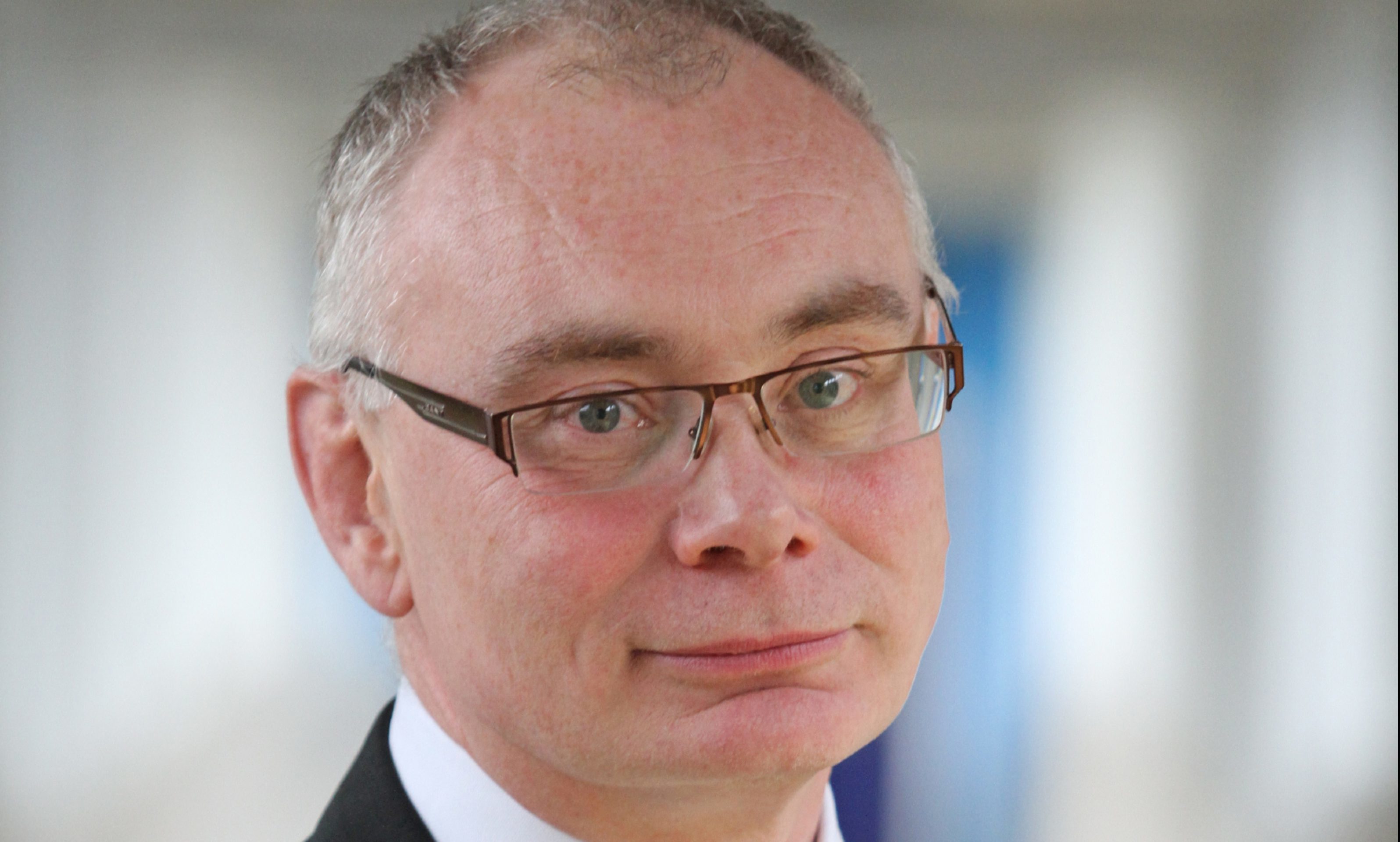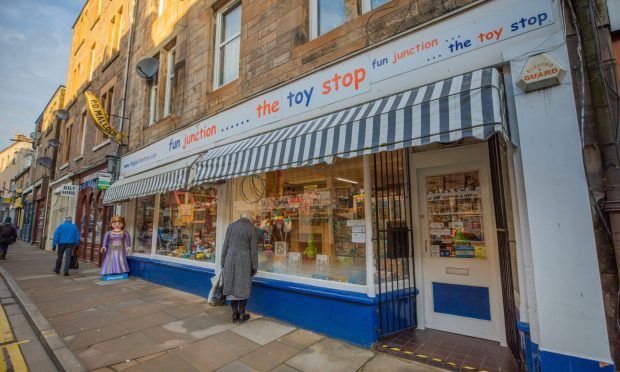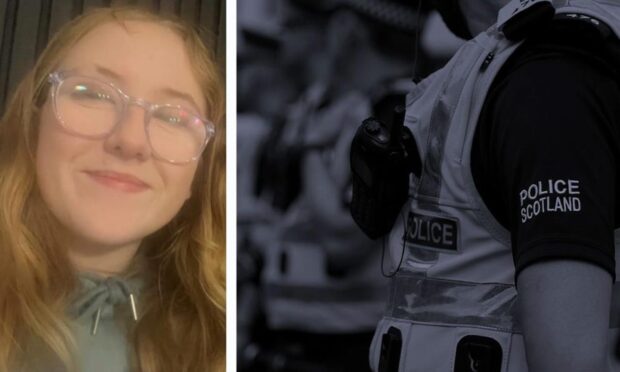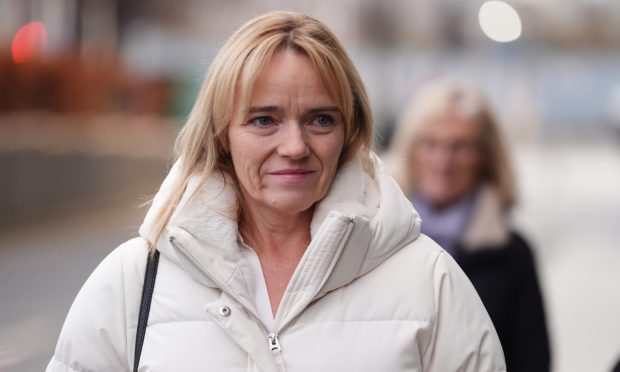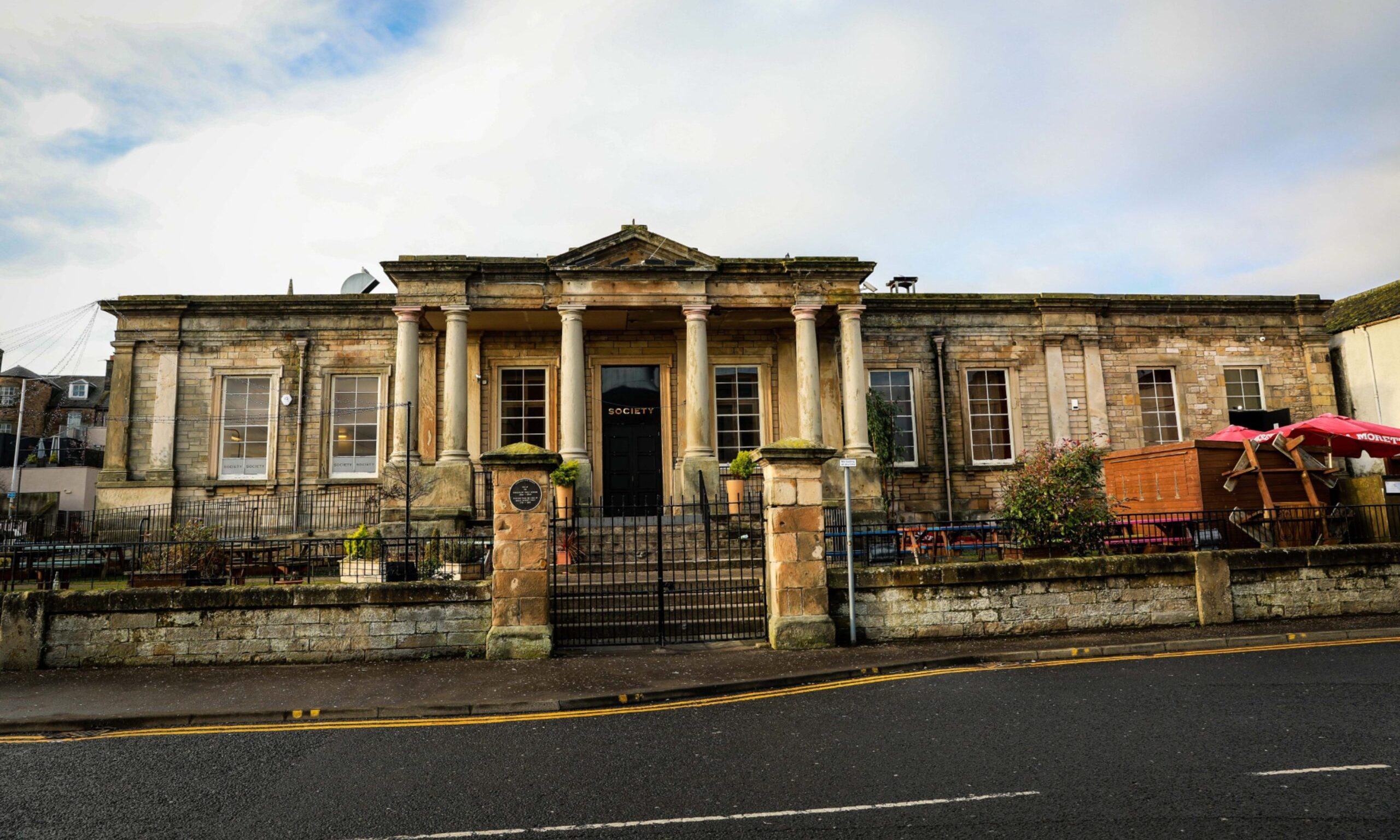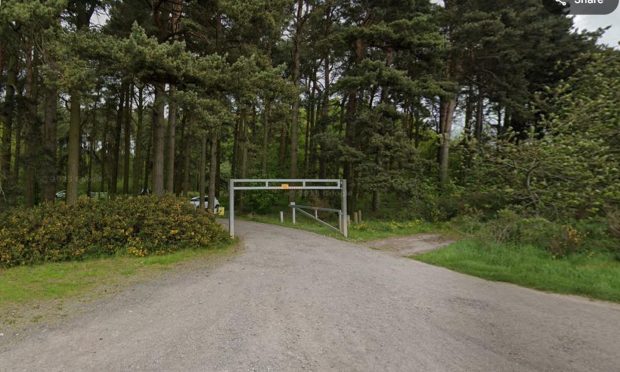NHS Tayside’s medical director is adamant that improving patient care is the primary driver behind the changes to services.
Professor Andrew Russell is committed to delivering an intensive five-year modernisation of the health service under the “Value your NHS” banner.

It will reform every aspect of clinical medicine and will see some changes made that will challenge patients and staff alike.
While it is no secret that the NHS is struggling financially and must make savings, Professor Russell said monetary concerns would never take prominence over patient experience and outcomes.
He said: “This is not a cost cutting exercise. Instead, we recognise that clinical care is changing and that we need to change and adapt to meet the needs of the population.
“There are opportunities for us to provide better outcomes for our patients and we must take them.
He said: “We must always ask ourselves, however, whether we can continue to improve our outcomes with fewer resources.
“There is a discipline that we should always exercise when it comes to public money.
“I believe all of us should have a philosophy, if we truly value the NHS, to spend every public penny as if it were our own.
“If the opportunities present themselves to provide a better outcome at a lesser cost then we must do that.
“What we will not do is seek to provide a poorer outcome at a cheaper cost.”
Professor Russell said areas of medicine such as mental health, older people, maternity services, children, primary care, cancer and surgical services would “all be organised in different ways to provide a better service for the people of Tayside”.
He said there would be a “greater emphasis on personalised care”, moving away from the “doctor knows best” approach of days gone by to shared
decision making between patients and clinicians.
There will also be a seismic change in the way in which care is offered, with healthcare extending beyond the classical settings of hospitals, GP practices and hospices and instead reaching out into homes and communities.
That will see the NHS increasingly working with community partners, including Perth and Kinross, Dundee and Angus councils and the voluntary sector, through community health partnerships.
In addition, there will be a shift away from providing identical services in every health board area, to providing the most highly specialised surgeries and procedures at regional and national centres.
Professor Russell said: “Over time I would like to be in a position to see a greater degree of focus on health in our communities, some of that provided through the NHS, some of that not.
“I would like to see recognition that the things that happen frequently in our lives from a healthcare perspective will be the things that will happen close to our homes and the things that happen less frequently are the things that we need to travel to access – all because that allows for the best outcome.”
Professor Russell acknowledges that fully engaging with staff and ensuring that they play a major role in the change to come will be vital and he believes the board’s 14,000 staff are on board and already contributing positively to the modernisation.
In fact, a number of simple solutions proposed by members of staff have already been adopted to improve services and make savings.
Professor Russell added: “Across NHS Tayside, every day, there are fantastic people doing fantastic things in patient-facing and no-patient-facing roles.
“The strength of the NHS always has been and always will be the people who provide the care.
“It is vital that we share our understanding of the problems facing the NHS.
“We need our staff, our patients and our communities to work actively with us, taking on board all the challenges that we are presenting to design the future of the health service.”
